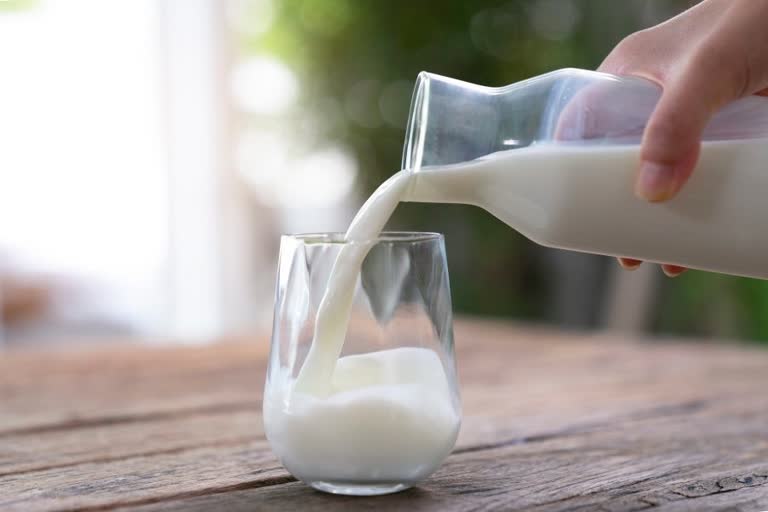The protein lactoferrin is found in the milk of most mammals. Researchers from the University of Michigan found that bovine lactoferrin, from cow milk, has bioactive characteristics against many microbes, viruses, and other pathogens. It has also been found to inhibit SARS-CoV-2 infection under experimental conditions by blocking the ability of the virus to enter target cells, as well as by supporting cells' antiviral defense mechanisms.
"Bovine lactoferrin has shown antiviral activity in human clinical trials," said lead investigator Jonathan Sexton, from the varsity's Department of Internal Medicine. "For example, orally administered bovine lactoferrin has been shown to improve the severity of viral infections, including rotavirus and norovirus. Given the broad antiviral efficacy and safety, minimal side effects, and commercial availability of bovine lactoferrin, several review papers have suggested using it as a preventive or post-exposure treatment for SARS-CoV-2 infection," he added.
The findings are detailed in the Journal of Dairy Science. With the goal of improving clinical relevance and translatability, the team tested bovine lactoferrin against some of the most common SARS-CoV-2 variants of concern from around the world, including the WA1 variant representative of the US outbreak in 2020, the B.1.1.7, B.1.351, and P.1 variants, and the Delta variant. "Each of these variants includes modifications to the SARS-Cov-2 spike protein that reduce the efficacy of newly produced vaccines. Furthermore, each of these strains shows reduced neutralisation by vaccination sera," Sexton explained.
